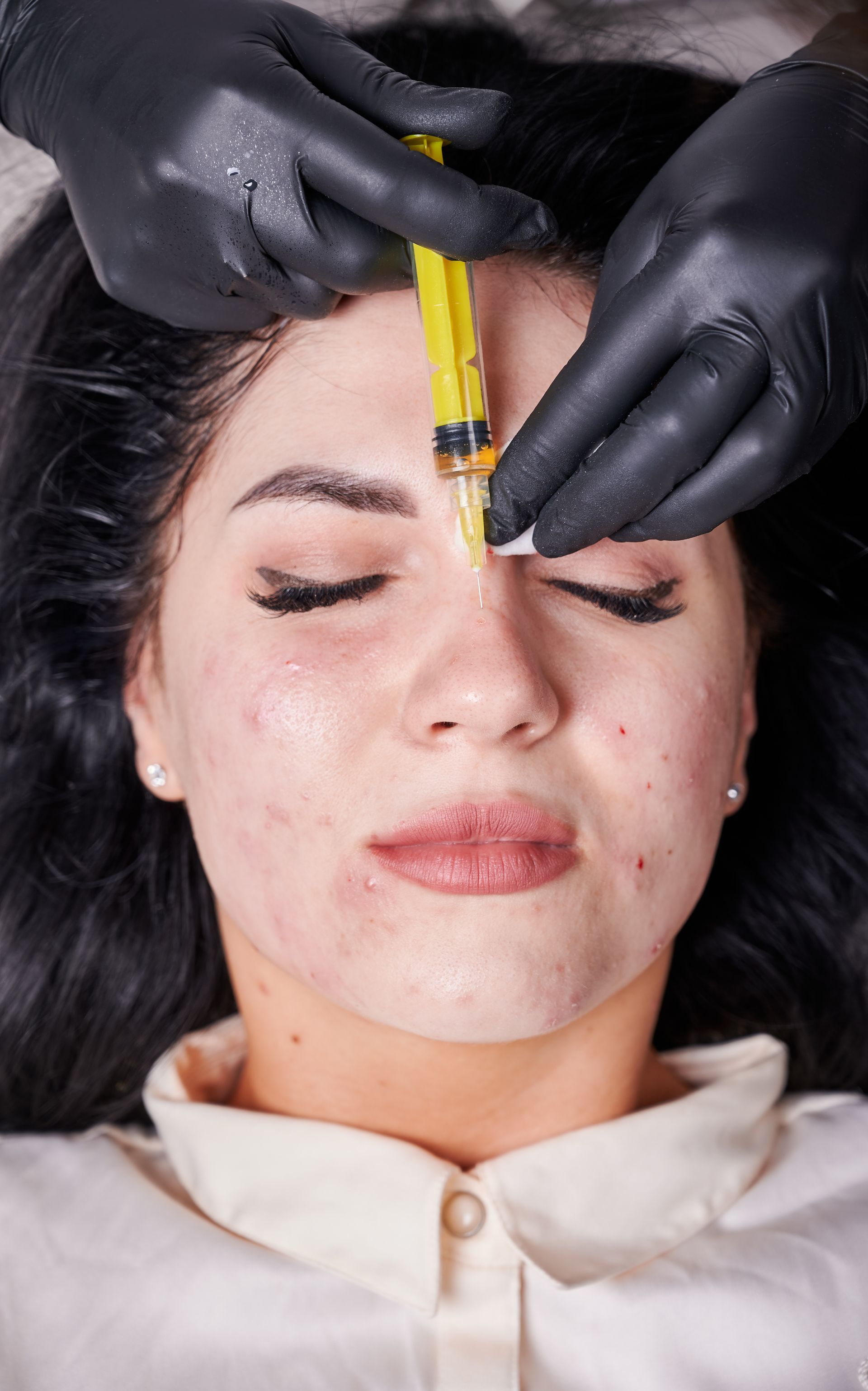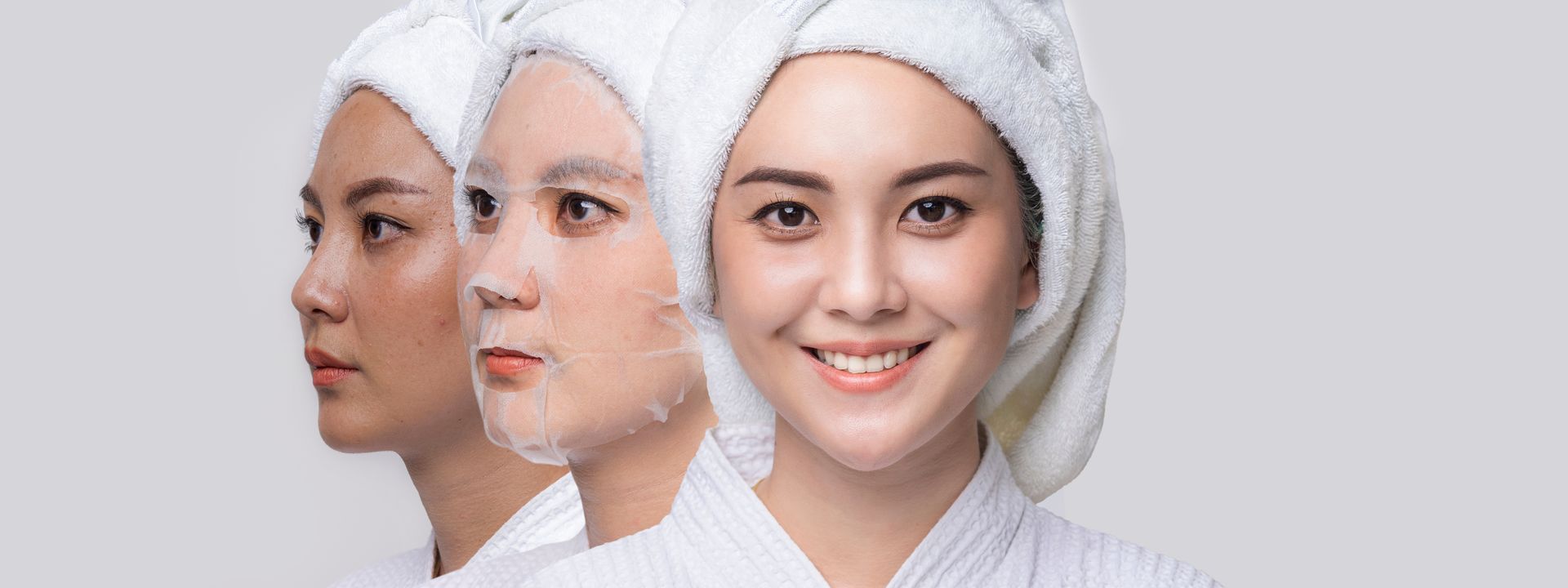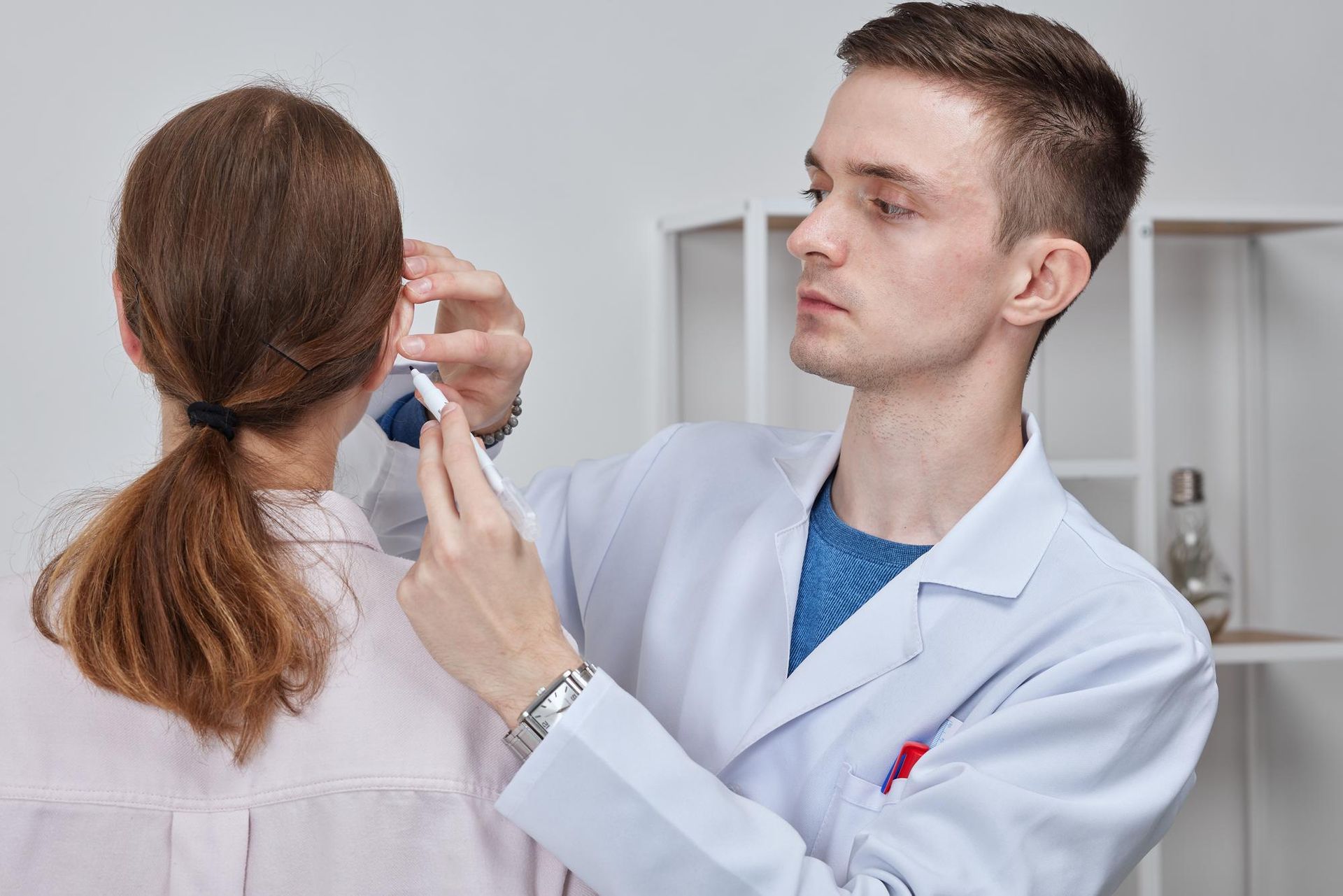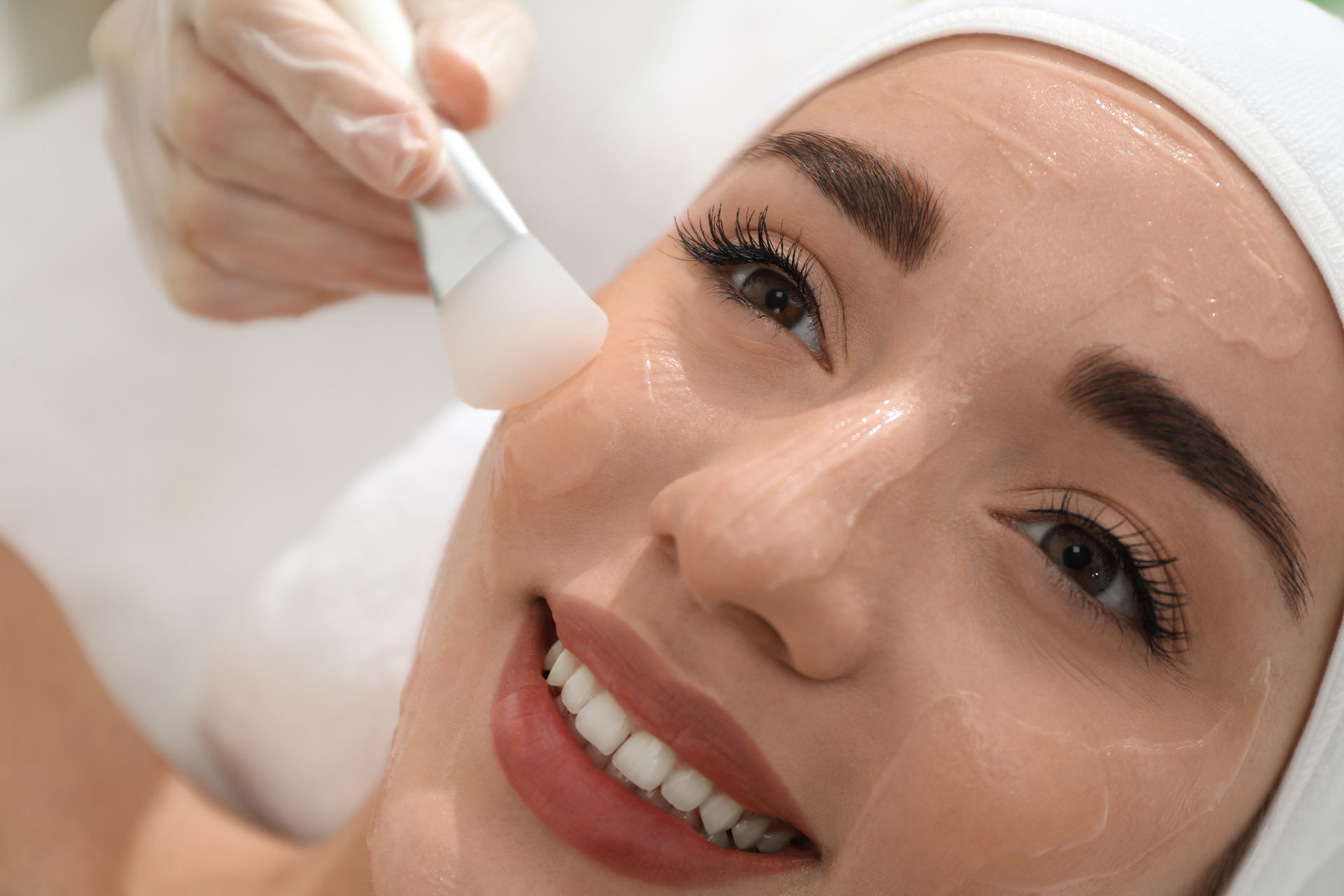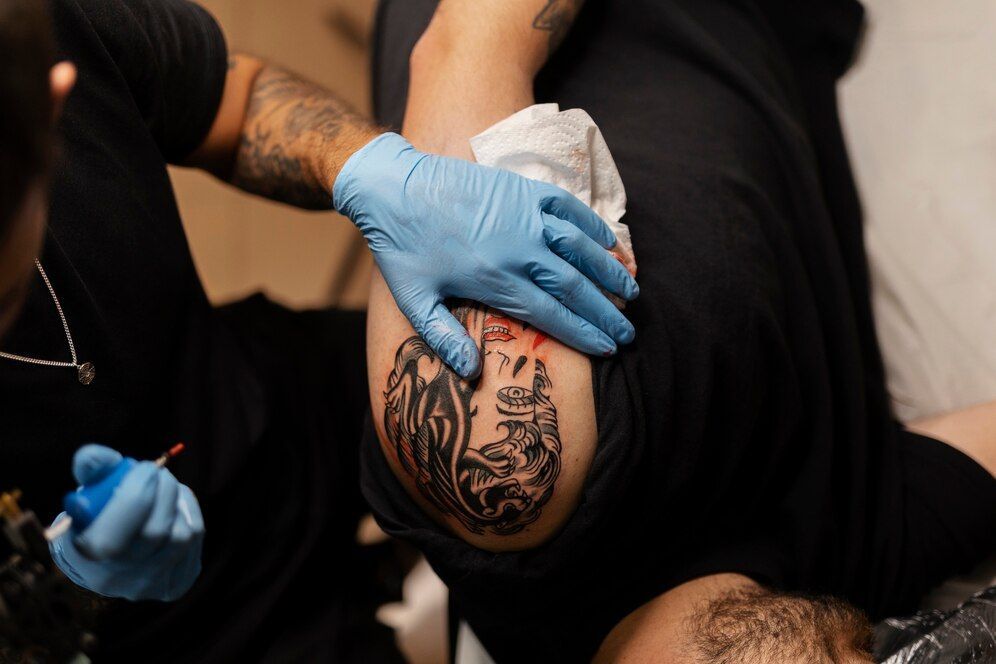MEDICAL
COSMETIC
Get In Touch
Phone (medical)
(403) 457-1900
Phone (cosmetic)
(403) 202-4038
Address
Business Hours
- Mon - Fri
- -
- Sat - Sun
- Closed
MEDICAL
COSMETIC
News
A great resource to stay on top of new skincare treatments, advanced skincare products, and tips to look fresh, young, healthy, and vibrant.
News
Mon: Cosmetic Appointments 8:00am – 4:45pm
Sat: Appointment Only (Cosmetic)
Sun: CLOSED
Holidays: CLOSED
Connect With Us
All Rights Reserved | Derm.ca & Derm.ca
© 2025

